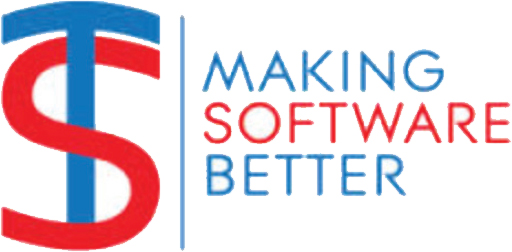Improving Software for Society
Qualifications for IAP Membership
The IAP is the leading international organisation for professional systems analysts and computer programmers. The IAP has high standards but if you have the right skills and experience it is not difficult to join.
Applications are evaluated using a bespoke points system, that takes full account of the quantity and quality of the applicant’s academic qualifications, vocational training and working experience. To join please complete the Application Form: join-the-iap.
TYPICAL POINTS VALUES
• Honours degrees in Computing from mainstream universities: 300 to 400
• Other computer-related degrees and equivalents: 200 to 300
• Intermediate computer-related qualifications (C&G; college diplomas etc): 100 to 250
• Short vocational training courses (including business where relevant): up to 100
• Relevant workplace experience, per year: 50 to 100
POINTS REQUIRED FOR GRADES OF MEMBERSHIP
• Licentiate (LIAP): 150 points
• Graduate (GradIAP): 250 points
• Associate Member (AMIAP): 350 points
• Member (MIAP): 700 points (650 after two years as AMIAP)
• Fellow (FIAP): At the discretion of the Trustee Board
As a professional body the IAP assesses applicants on the same basis as employers; on their professional skills and experience. We believe professionals should have all-round abilities, not just a narrow specialisation. The IAP system ensures that applicants meet these requirements by using different types of points:
• A Points: Systems Analysis & Design
• P Points: Programming
• B Points: Business
• X points: Other factors
There are additional constraints, designed to ensure that applicants have a balance of the skills and experience appropriate for a professional person at that grade. For example, it is not possible to achieve Member status with three Degrees but no business acumen.
It is possible for applicants with no academic qualifications or formal training to join the IAP even at the highest levels but this is not recommended when starting a career. We believe that: “If skills are to be practiced, they first have to be learned”. Few professionals ever come to regret the time they spent acquiring proper instruction in the theories and practice of computing.








